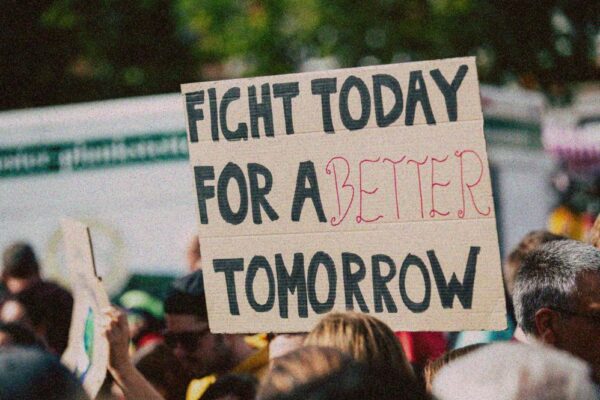For the last ten years the National Justice Project has worked with a clear vision in mind – to fearlessly fight injustice. As a law firm this fight has been made in court rooms to hold institutions and systems accountable for upholding the rights of all people across this nation.
A priority of this work has included policing and prison reform. All members of the community should feel safe and respected when interacting with police services. However, police frequently violate the human rights of diverse communities. We have sought to enact change through obtaining justice for the people and families we walk alongside in their fight for justice.
It is the bravery of the people who entrust us to take on this fight with them that has created ripples of change. Through their advocacy, the profound consequences of policing and discrimination are brought to light. Their voices are essential in shaping the equitable solutions necessary to build systems that minimise harm and serve the interests of all, rather than a select few
Ten years later – time and time again we have seen the same investment in police-first responses despite the fact police actions are often criticised in court, amount to misconduct, use force and do not provide adequate care for people in need. Despite the extensive documentation of the shortcomings associated with a police-only response to call-outs, this approach has remained entrenched as the prevailing policy.
This is why it was important to us to carry on this message that we need to re-think the response. This idea is not new but we are seeking for courageous policy to push the boundaries for the first response – one that is as diverse as our communities – and places care over force.
Statements from our leadership for why it is important to re-think the response:
I believe that the police should not be carers of last resort. They are not trained for that role and aren’t the appropriate response to a health or social welfare crisis.
George Newhouse, CEO
I have witnessed far too many situations in which individuals in distress needed empathy — a supportive presence, the right skillsets to guide them, or simply someone to sit quietly beside them. Yet, instead of receiving compassion and care, they were met by a uniformed officer equipped with handcuffs, tasers, and a visible firearm. This response does not meet the needs of our communities. It is time to shift the status quo and reimagine our approach to crisis care.
Naomi Lai, COO
These reforms matter to me because, if she ever needs it, I want my child to have access to care and support that uphold her dignity and humanity. The thought of any person – at any stage of life – being punished for simply needing extra support is deeply concerning.
Ariane Dozer, Head of Projects and Innovation
We see resilience in our communities each and every day in the fight against injustice. People are showing up to caretake, support and help each other when systems fail to do so. Seeing the strength in this approach, care and innovation – we have the blueprint for a holistic, caring and effective first response system. One that supports all of us and holds people accountable. We need to invest in this approach and resist punishing people in times of need. We do not need force in our care response.
Chloe Fragos, Campaign Lead
We know this is important to you too! Share why this is important to you and pledge your support.



